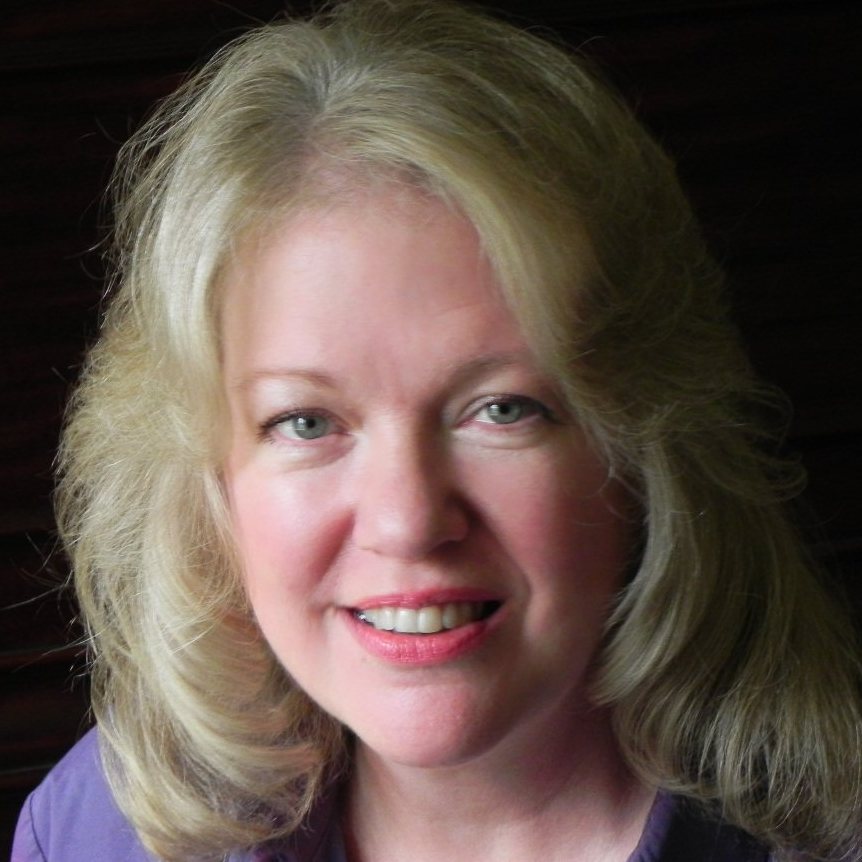To actually deny KDND's license, the FCC must find Entercom lacks the character qualifications necessary to be a broadcast licensee. Such a finding must be based on a pattern of unacceptable activity--and as one source in the Maiman piece pointed out, KDND hasn't killed anyone else in a contest (as if radio stations have to become serial killers, before they lose their privilege to broadcast to our communities.) But it happens that Entercom, in its quest for ratings and profit, has in fact regularly ignored boundaries of respectability, committing repeated violations of indecency, payola, defamation and more. Up to now, however, the FCC has simply fined Entercom a few dollars and then allowed its broadcast licensee to waltz away laughing, as it anticipates making its next few million.
While the KDND water-drinking stunt took place in 2007, radio licenses are renewed only once every eight years, and November 1 of 2013 was the deadline to challenge license renewals in California. We gave the FCC as much time as we could to act on its own.
The FCC's decision could impact the entire industry, but I don't look for a quick answer. Irene Stolz filed "Petitions to Deny" the licenses of all six Entercom Sacramento stations on November 1, 2005, at the end of the last license renewal period. To this day, however, the FCC has never processed them. In fact, the agency has allowed Entercom to operate in the Sacramento market without a renewed license for the past eight years. Had the FCC adjudicated those license challenges in a timely manner, it is entirely possible that Jennifer Strange would be alive today.
Wednesday, I will be going to the FCC to hold its feet to the fire over this and other matters. I'll be there to welcome the new FCC Chair, Tom Wheeler, and hope that his arrival signals real change at the FCC.
I'll also be screening my film Broadcast Blues at the New America Foundation, and holding a panel with Free Press, Common Cause, and the National Hispanic Media Coalition to discuss ways to hold not only broadcasters, but the FCC itself, accountable to the public interest. Join us if you can, and if you cannot, sign our supporting petition to tell the FCC enough is enough: radio stations can't just kill people and expect to continue to broadcast on our publicly owned airwaves.
(Note: You can view every article as one long page if you sign up as an Advocate Member, or higher).





